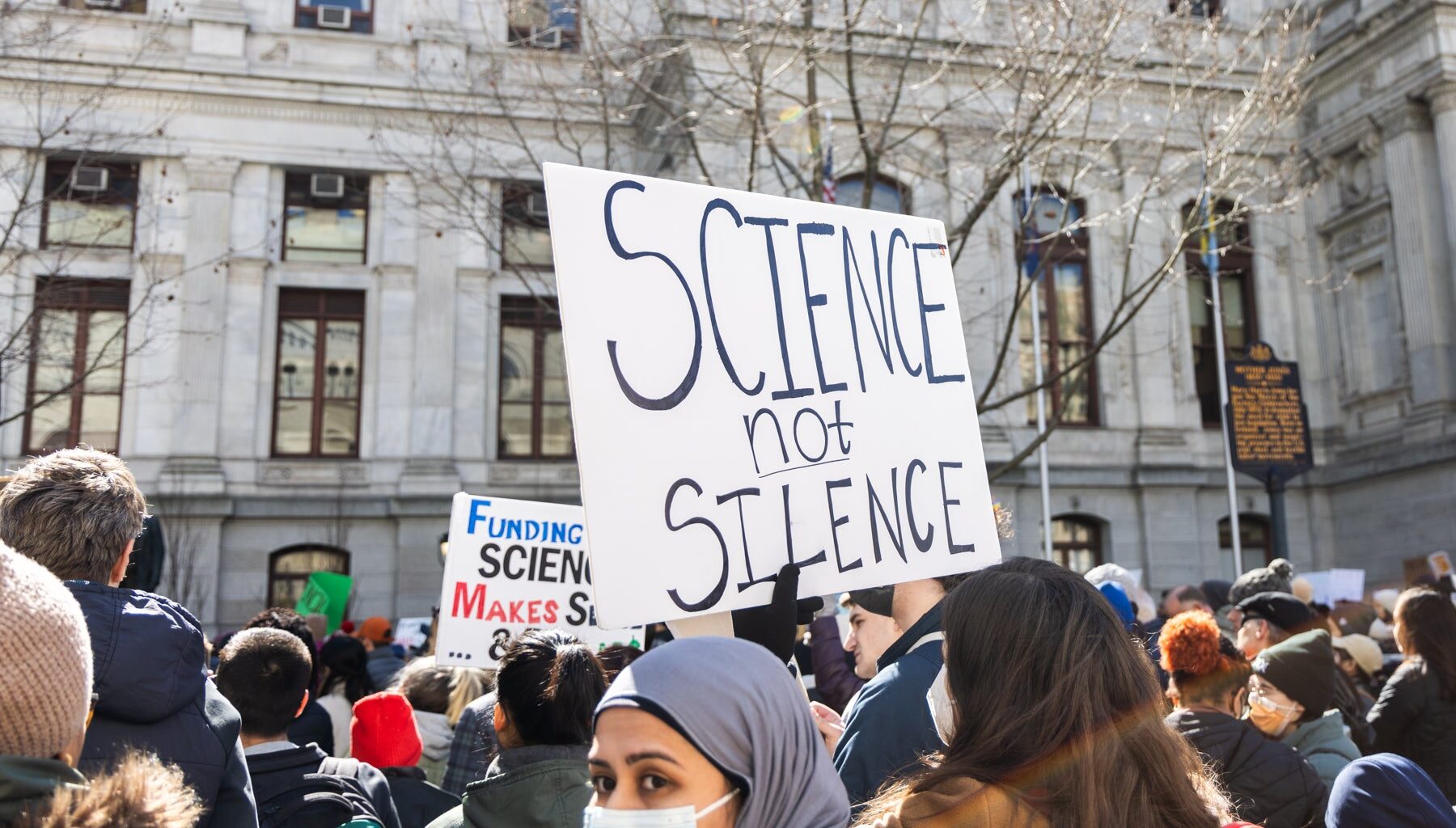In a statement, the director of communications for the Department of Health and Human Services, Andrew Nixon, said that the department stands by its decision to end funding for research that “prioritized ideological agendas over scientific rigor” and it “is committed to ensuring that taxpayer dollars support programs rooted in evidence-based practices and gold standard science – not driven by divisive DEI mandates or gender ideology.”
He did not specify what “DEI mandates” or “gender ideology” refer to, nor did he explain, when asked, how those relate to research on tuberculosis. The Trump administration recently appealed the judge’s decision to the U.S. Supreme Court, arguing that it should be allowed to cancel the research funding again.
The judge’s order does not address the science funding problem entirely. It only restored grant funding for the scientists in states where attorneys general sued, or who belonged to the American Public Health Association or another professional organization that joined the lawsuit. Many other scientists were not part of the lawsuit, and still have not had their grants reinstated.
Ayden Scheim, an epidemiologist at Drexel University in Philadelphia who studies how stigma and discrimination prevent people from joining HIV prevention and treatment programs, said it is “totally arbitrary” that he got his grant back and his colleagues did not.
“Their termination was just as unlawful. They simply didn’t have the good fortune to be among the plaintiffs in the case,” he said, explaining that he renewed his membership with the American Public Health Association so he could be part of this lawsuit.
He said that even with his grant reinstated, “the damage to the field … will be lasting,” adding that his research focuses on LGBTQ+ populations.
“I’ve spoken to many students and early career researchers at my institution and at others that are understandably very wary of pursuing a career in any of the areas that have been targeted by this administration … because they appreciate that this won’t be the last attempt to … censor this kind of science.”
He said the Trump administration could continue to target their fields, such as by refusing to approve or review any research grants that mention these topics in the first place.
The way the administration canceled these grants also discourages up-and-coming scientists, said Koraly Pérez-Edgar, a developmental psychologist at Penn State. The NIH did not cancel the grant for her research on how parents’ brains work together with children’s brains, but it did cancel and then reinstate a grant that funded training for two students to learn research skills and become scientists themselves. That led to months of lost work.
